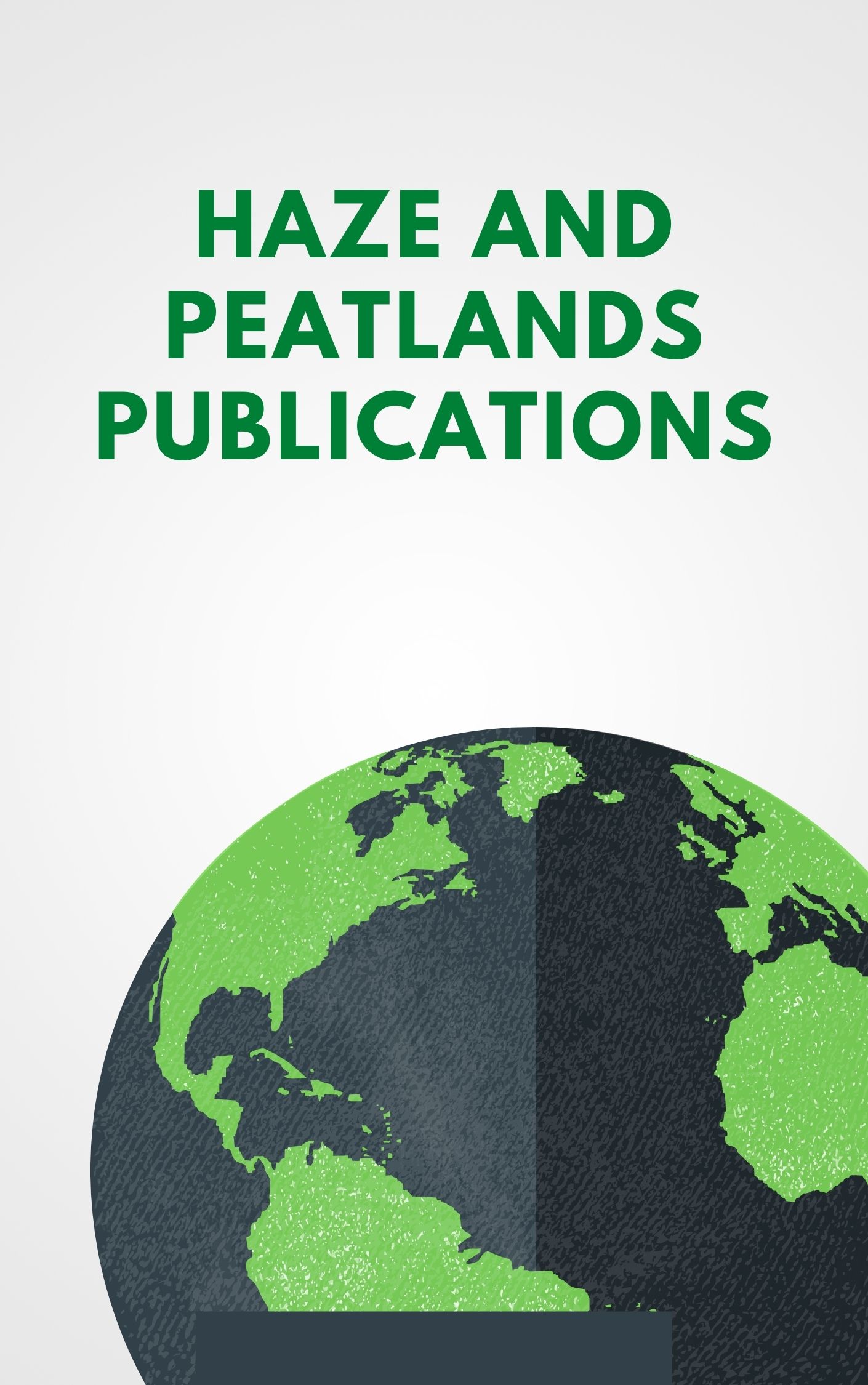Keyword(s)
afforestation, corruption, deforestation, development policy, development programmes, economic development, economics, emission, environmental management, forest fires, forest management, forest policy, forests, illicit felling, indigenous people, infrastructure, land use, logging, migration, politics, population growth, protection of forests, returns, sociology, women, Vietnam, man, APEC countries, ASEAN Countries, Developing Countries, Indochina, South East Asia, Asia, Homo, Hominidae, Primates, mammals, vertebrates, Chordata, animals, eukaryotes, development programs, reafforestation, reforestation, social aspects, timber extraction, timber harvesting, Viet Nam, Forestry Economics (EE112) (New March 2000), Policy and Planning (EE120), Forests and Forest Trees (Biology and Ecology) (KK100), Silviculture and Forest Management (KK110), Forest Fires (KK130), Pollution and Degradation (PP600), Biological Resources (General) (PP700), Demography (UU200), Social Psychology and Social Anthropology (UU485) (New March 2000)

